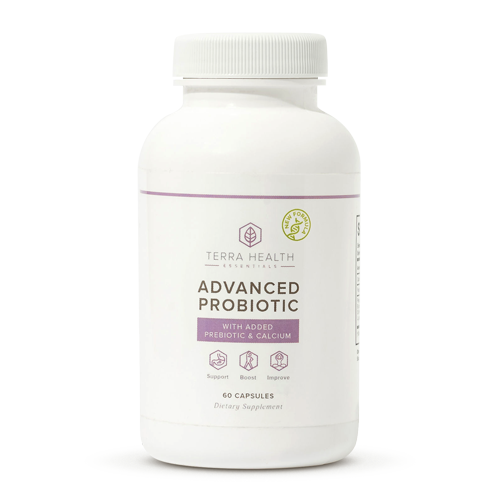Have you ever struggled with your weight? If so, you’re not alone – it is estimated that 35% of American adults share the same challenge. While diet, exercise, and genetics all play a role, a new study suggests that the trillions of bacteria living in your gut, known as your “gut microbiome,” may be one of the largest contributors to weight gain.
Everyone has a different set of bacteria in their digestive system. In fact, it’s so unique, that no 2 human beings on the entire planet have identical microbiomes! Over the past 10 years, researchers have been finding all kinds of connections between the health of people’s microbiomes, and common ailments such as fatigue, depression, and chronic inflammation.
But it wasn’t until just recently, that scientists have started to acknowledge the likely connection between your gut microbiome and your likelihood to put on the pounds!
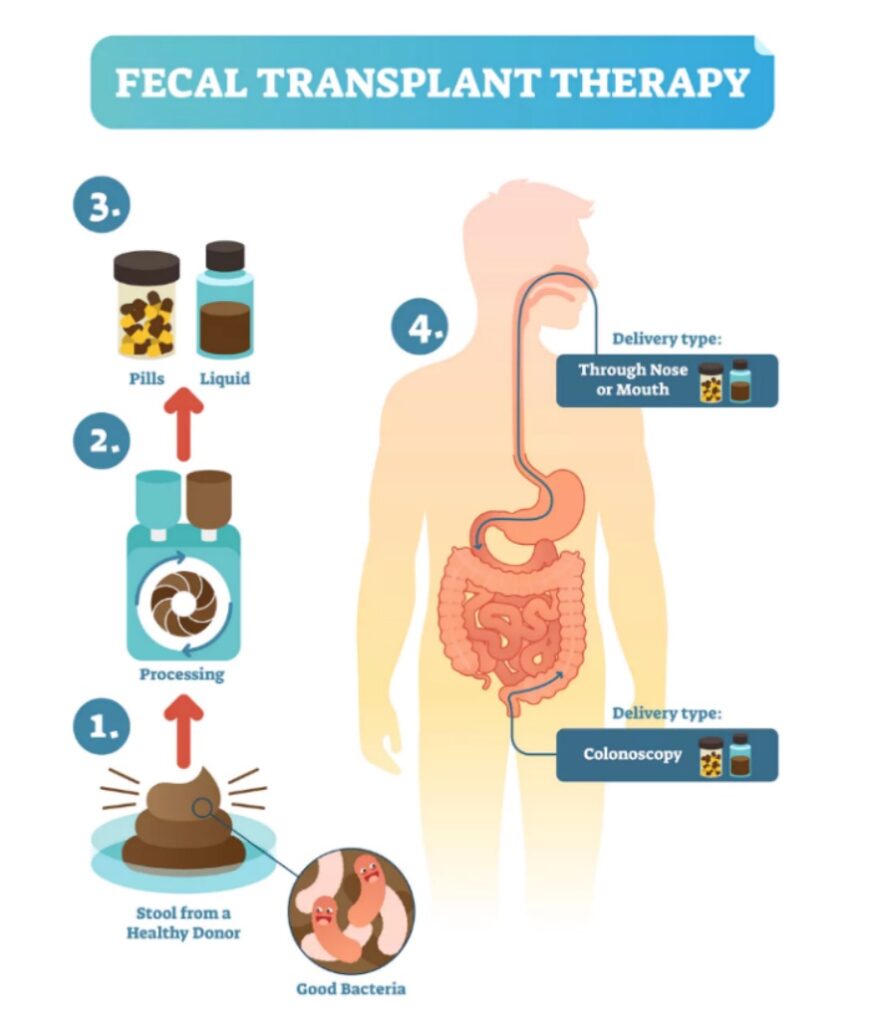
"These dramatic results were surprising, even to the researchers..."
It all started with a 2014 study, in which researchers conducted a fecal transplant between twins, a procedure in which bacteria is extracted from the poop of one individual, and is then introduced into the gastrointestinal tract of another individual.
The twins had identical DNA and had grown up in the exact same environment. However, one of the twins was skinny and one was overweight. Upon review, the researchers discovered via the fecal transplant that the although the twins were genetically identical, they had completely different bacteria making up their gut microbiome!
After the transplant, not only did the subjects’ microbiomes change, but so did their waistlines! The skinny subject gained weight, while the overweight subject lost weight.
These dramatic results were surprising, even to the researchers who had led the study. But everyone was left wondering, what was it that made the “skinny” gut microbiome….you know, skinny?
"Those who lost the most weight had the highest levels of a specific bacteria strain..."
This is where it gets really interesting!
Years later, a subsequent related study looked at this same phenomenon from a different angle.
In this study, participants gave fecal samples and were then kept on a highly restrictive diet for 12 weeks in which they were only allowed to eat 500 calories per day. At the end of the 12 week study, the subjects were weighed, measured, and had new fecal samples tested.
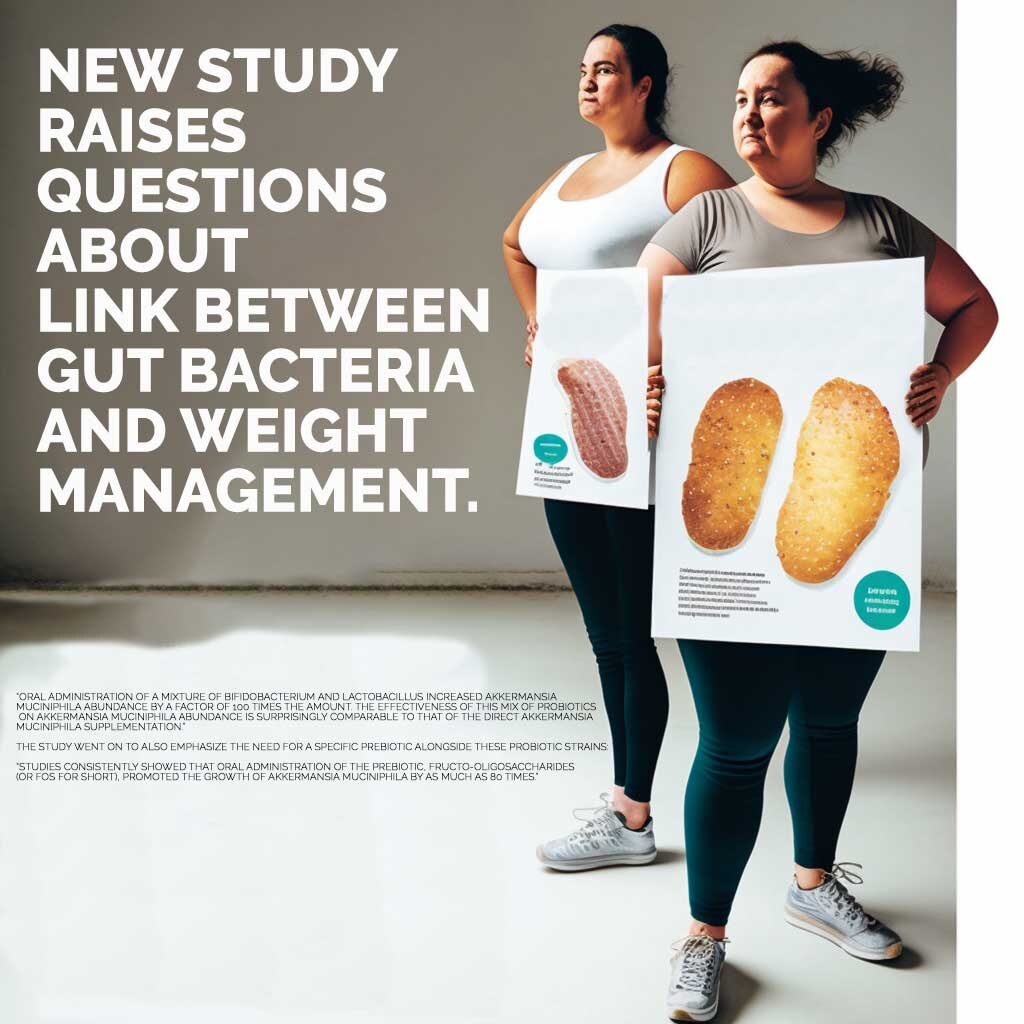
The average weight loss was 9.7 pounds. But some people had lost significantly more, and some significantly less.
Analysis of the subjects’ feces revealed that those who lost the most weight had the highest levels of a specific bacteria strain called Akkermansia muciniphila.
The researchers had found the key difference maker! It was Akkermansia muciniphila.
"...they found the solution!"
So there was just one last problem to solve: How can we effectively supplement our bodies to increase production of Akkermansia muciniphila?
The good news is they found the solution for this!
A recent study titled “Strategies to promote abundance of Akkermansia muciniphila” tested various methods of increasing Akkermansia muciniphila production.
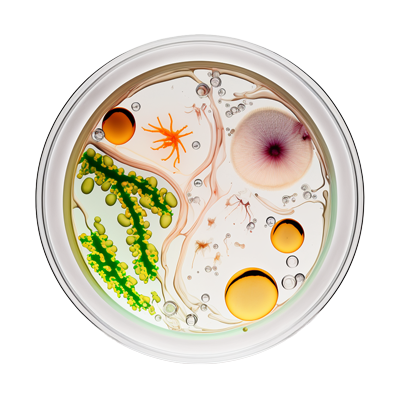
The study found that both direct supplementation of Akkermansia muciniphila and a blend of Bifidobacterium and Lactobacillus probiotics were equally effective methods. Additionally, when paired with the prebiotic, fructo-oligosaccharides (FOS), it promoted the growth of Akkermansia muciniphila by up to 80 times!
So what do we take from all of this information?
In order for you to gain the same great same advantages from Akkermansia muciniphila, you have 2 options:
a) You can take Akkermansia muciniphila directly (an effective but very costly solution).
or
b) you can supplement with Bifidobacterium, Lactobacillus, and Fructo-Oligosaccharides to produce Akkermansia muciniphila (a much more cost-effective option, resulting in the same impact!)
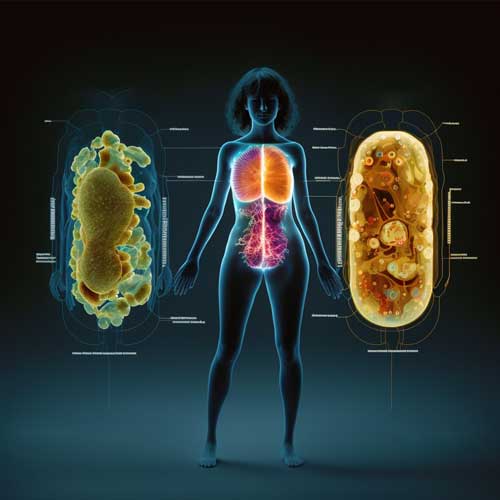
And it just so happens that there is a high-quality and affordable solution that contains all three of these from a company called Terra Health Essentials.
The product is called Advanced Probiotic
It contains 9 unique probiotic strains in all, including those referenced in the above studies, and it is available for less than $50.
That’s an amazing value when you compare it to the most effective Akkermansia muciniphila supplements being well over $150 for a 30 day supply!
Additionally, Terra Health is offering an additional 10% OFF when you use the Coupon Code: RESEARCH10
Unfortunately, it’s so popular that it often goes out of stock. But as of writing this article, it is available when shopping direct from their website.
Here is a private link directly to the product!
Don’t forget to use Coupon Code: RESEARCH10 to get an extra 10% OFF!
Citations:
1. Cani, P.D. & de Vos, W.M. (2017). Next-Generation Beneficial Microbes: The Case of Akkermansia muciniphila. Frontiers in Microbiology, 8.
2. Li, et al. (2014). Fecal microbiota transplantation produces a marked increase in Akkermansia muciniphila and a decrease in pathobionts in an obese patient with metabolic syndrome. Microbiome, 2, 4-6.
3. Koeth, et al. (2013). Intestinal microbiota metabolism of l-carnitine, a nutrient in red meat, promotes atherosclerosis. Nature Medicine, 19(5), 576-585.
4. Rousseaux, et al. (2007). Lactobacillus acidophilus modulates intestinal pain and induces opioid and cannabinoid receptors. Nature Medicine, 13(1), 35-37.
5. Collins, et al. (2016). Prebiotic, probiotic, synbiotic and postbiotic: approaches to manipulate the gut microbiota. Frontiers in Microbiology, 7.


